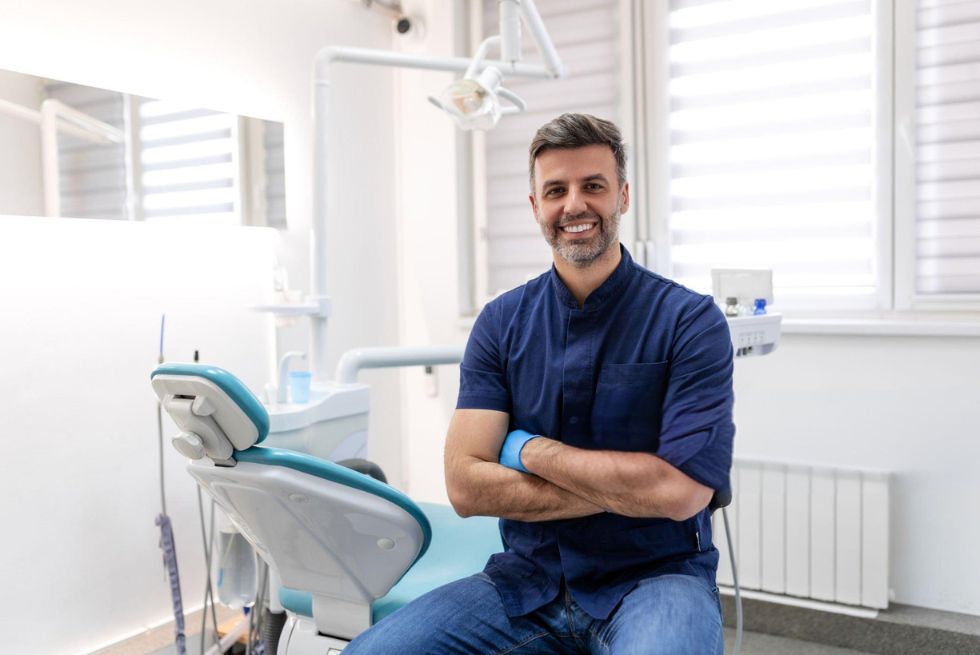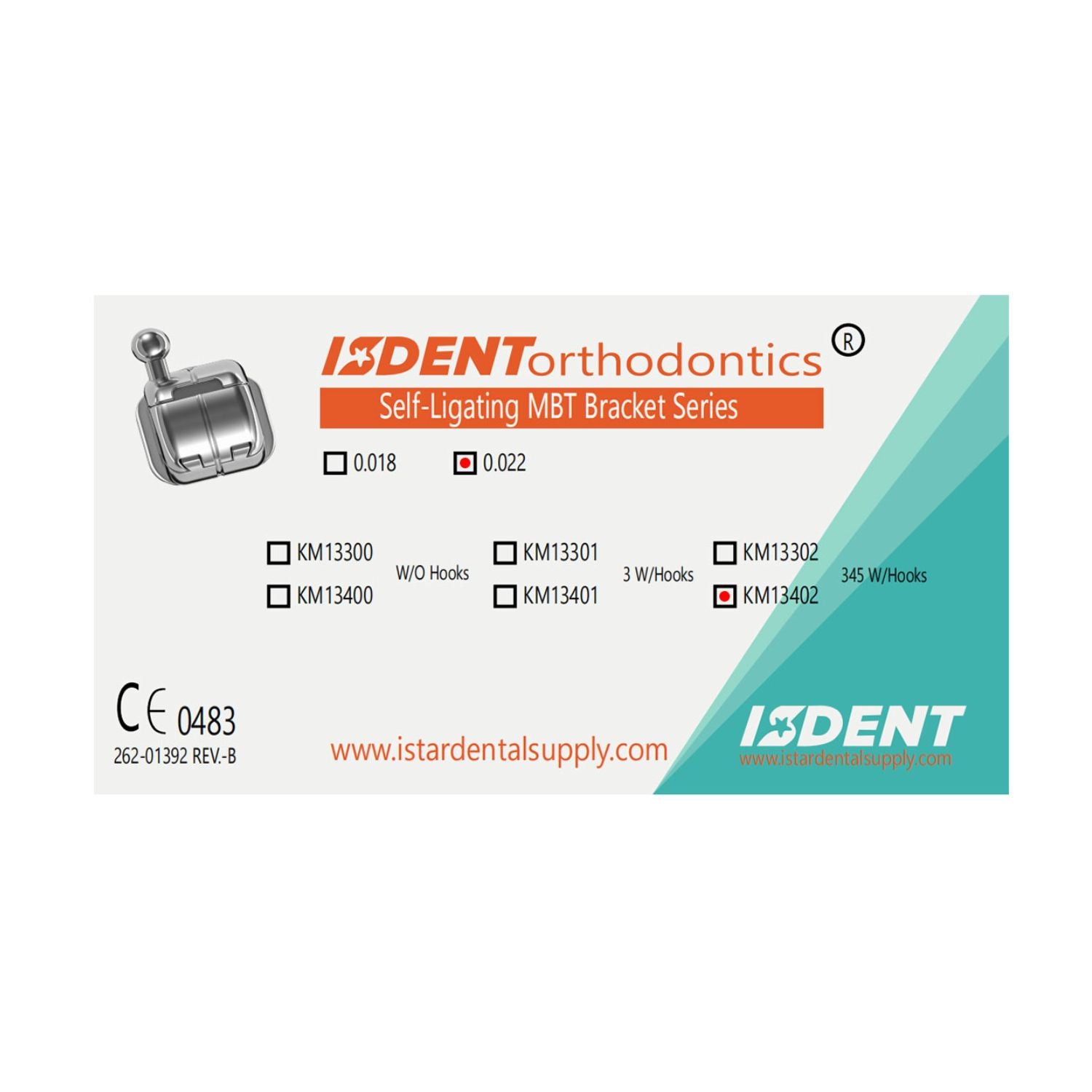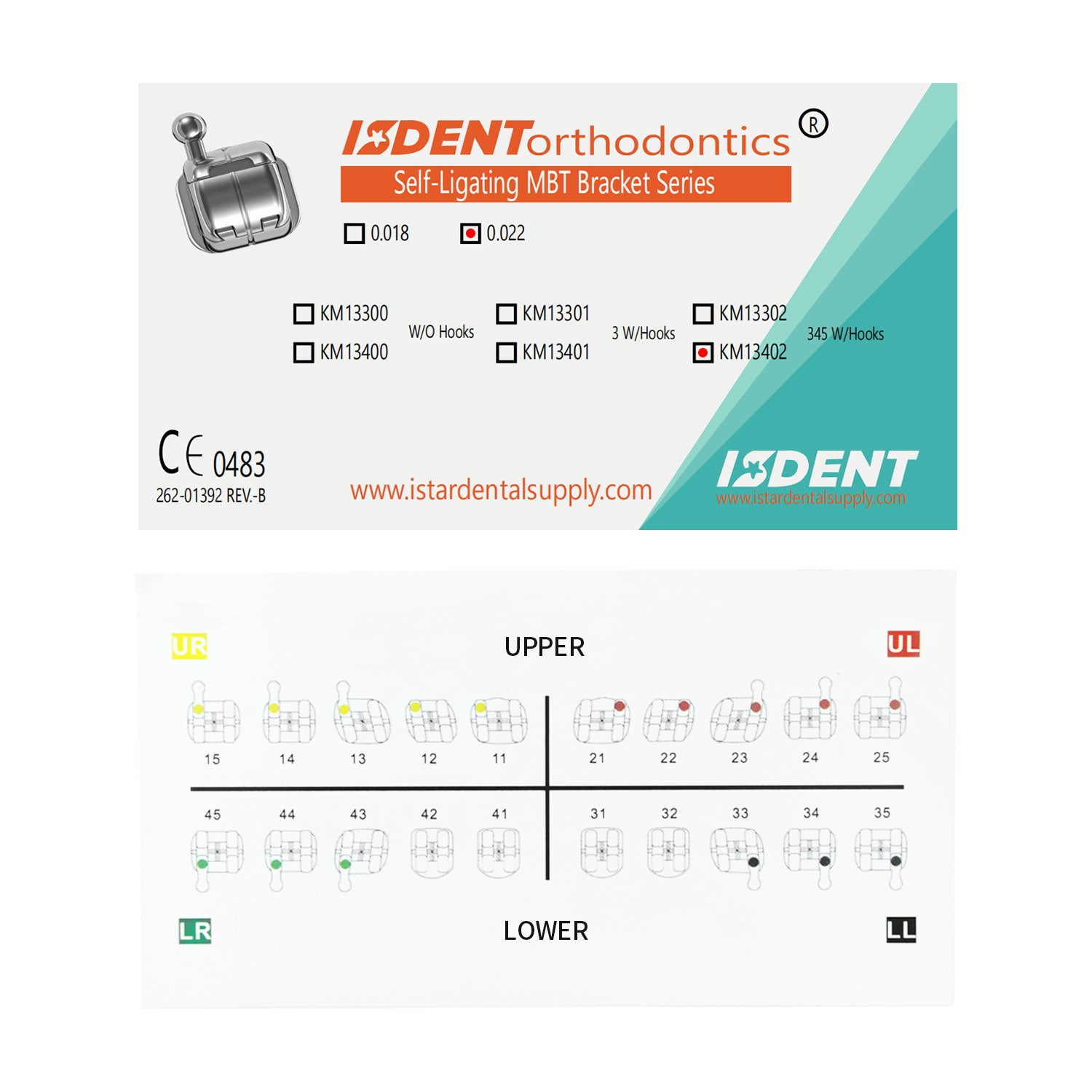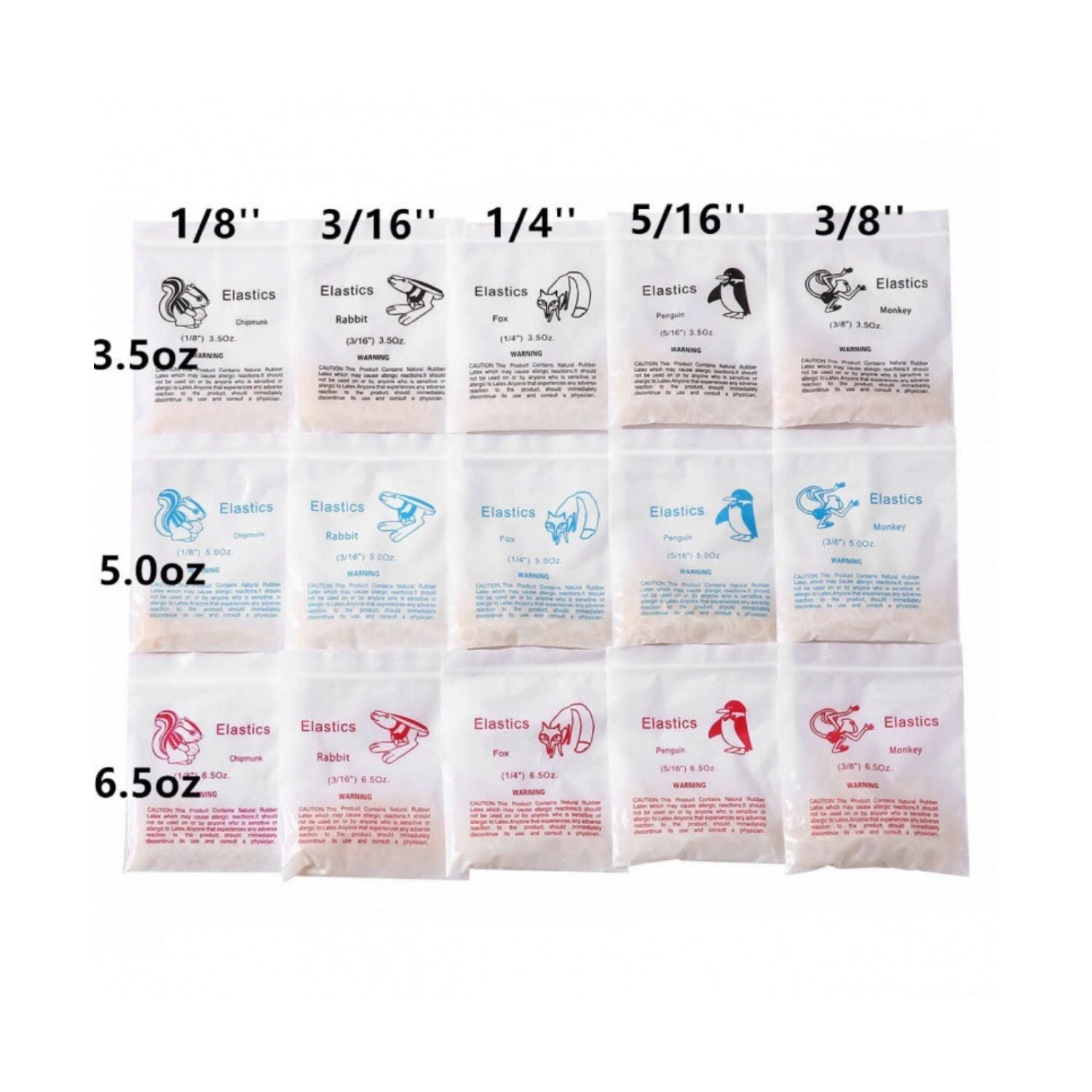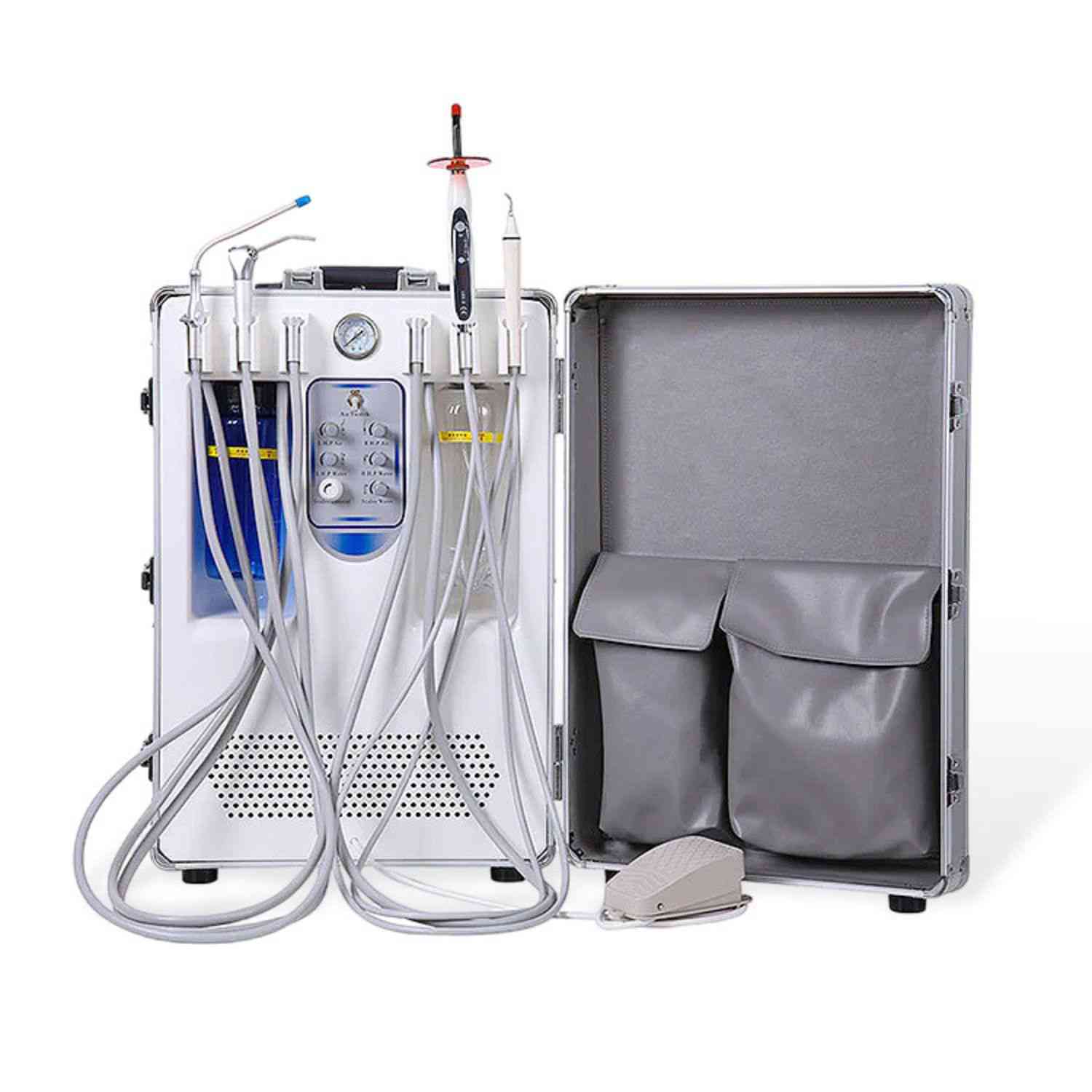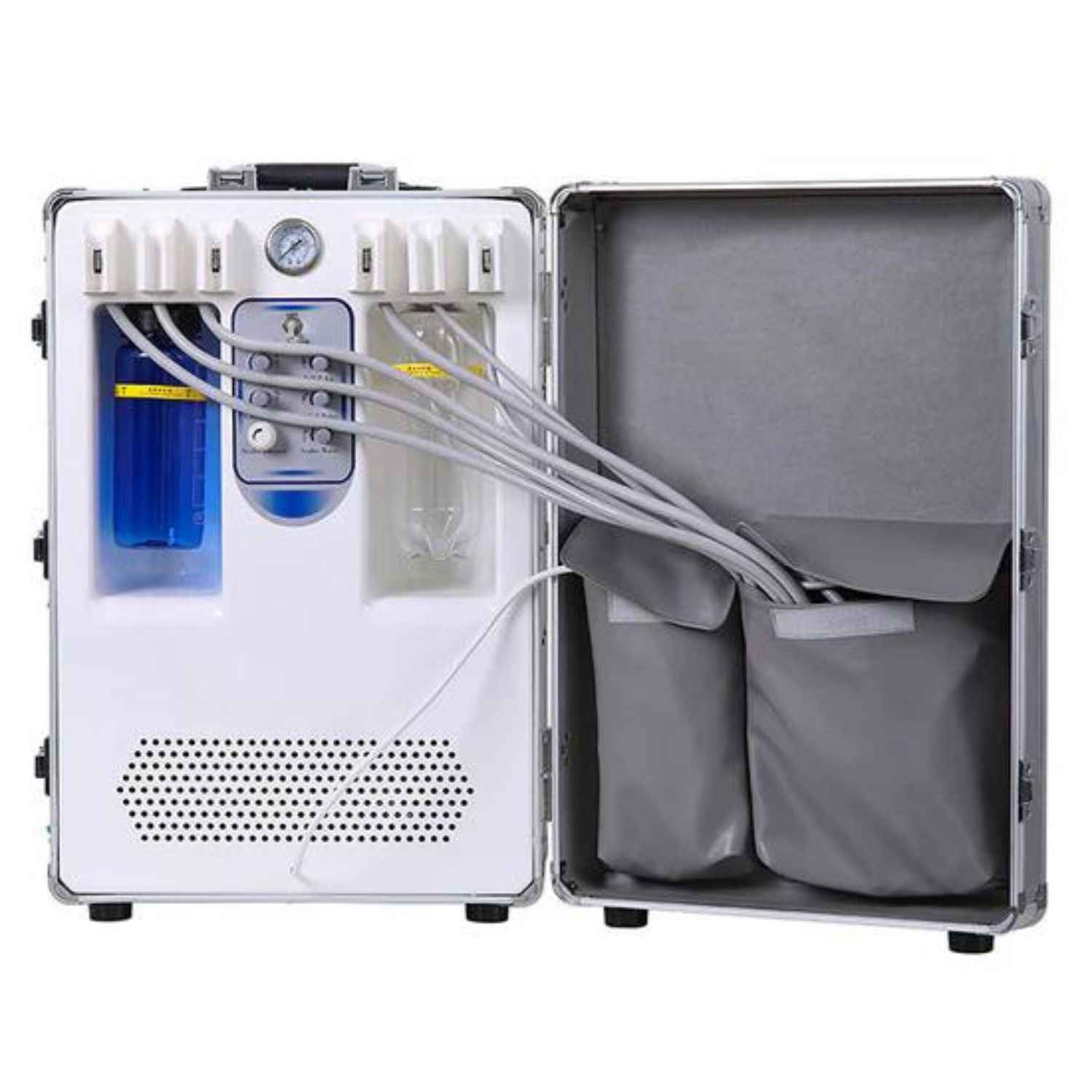Master the Dentist Skills You Must Hone for a Great Career in Dentistry
When I first thought about becoming a dentist, I imagined it was all about science and teeth. I was partly right. But over my long career, I've learned that being a great dentist is about so much more. It is a mix of art, science, and people skills. You need steady hands, a sharp mind, and a kind heart. This job is not just about fixing a tooth; it’s about caring for a person.
In this article, I am going to share with you the real skills needed to be a dentist. We will go beyond the textbook. I will tell you what you really need to know to build a wonderful career and help many people. If you want to be a successful dentist, this is a must-read guide. I will break down both the hands-on skills and the people skills that you must master.
What Are the Must-Have Technical Skills for a Dentist?
Let’s start with the basics. The first thing people think of when it comes to a dentist is the hands-on work. These are the technical dental skills you learn in dental school and practice every single day. A dentist must have a deep understanding of head and neck anatomy. You need to know every part of the mouth, from the gum line to the root of a tooth. This knowledge is the foundation for everything you do.
You’ll need to know how to perform a wide range of tasks. This includes everything from a simple filling to a complex restoration. A good dentist can look at an x-ray and see not just the problem, but the best way to fix it. This diagnostic skill is key. You also need to be very good with your tools. Knowing how to use all the different dental instruments safely and effectively is a core skill. Every procedure requires the right tool and the right technique.
Why is Excellent Manual Dexterity a Top Dentist Skill?
I remember a mentor once told me, "Your hands are your career." He was right. Dentistry requires excellent manual dexterity. This means you must have very good control over your hand movements. You are working in very small spaces inside a patient’s mouth. The work is often intricate and delicate. Your hands need to be steady and precise.
This is where fine motor skills and hand-eye coordination come in. Think about doing a prep for a crown on an anterior tooth. You have to remove just the right amount of tooth structure, not too much and not too little. You are watching your every move in a tiny mirror. Your hands must do exactly what your eyes and brain tell them to do. This is a physical ability that you can develop with practice. A lot of practice. This is a skill that separates a good dentist from a great one.
How Do Soft Skills Make a Good Dentist a Great One?
Now, let's talk about something just as important as your hands. I'm talking about soft skills. These are your people skills. You can be the best technical dentist in the world, but if you can’t connect with your patient, you will not be successful. Patients are often scared or nervous when they visit a dentist. Your job is to make them feel safe and comfortable.
This starts with empathy and compassion. Empathy means you can understand how your patient is feeling. Compassion is the desire to help them. A patient needs to feel that you truly care about them and their oral health. A gentle touch and a calm voice can make a huge difference. These interpersonal skills help you build trust. When a patient trusts you, they are more likely to follow your treatment advice and come back for regular check-ups. A good dentist fixes teeth. A great dentist cares for people.
Can You Succeed in Dentistry Without Strong Communication Skills?
The simple answer is no. Communication skills are a must-have skill for any dentist. Think about it. You have to explain complex dental problems in simple terms. A patient needs to understand their diagnosis and their treatment options. You can't use big medical words they won't understand. You need to be able to explain what caries are and why a restoration is needed in a way a five-year-old could grasp.
Good communication goes both ways. You also need to be a great listener. You must listen to your patient’s concerns and fears. What are their goals for their oral health? What is their budget? Answering their questions patiently helps put patients at ease. This skill is also vital when working with your team. You need to give clear instructions to your hygienist and dental assistants to make sure the office runs efficiently.
What Role Does Problem-Solving Play When You Diagnose a Patient?
Every patient who walks into your office is a new puzzle. Being a dentist is a lot like being a detective. You have to use your knowledge and problem-solving skills to figure out what is wrong. A patient might come in with a vague pain. They might say, "My whole jaw hurts." It's your job to find the exact source of the problem. Is it one tooth? Is it a gum issue? Is it something else?
To do this, you use diagnostic tools like an x-ray. You do a thorough oral exam. You ask the right questions. Then, you put all the clues together to make a diagnosis. Sometimes, the answer is simple. Other times, you might find a rare abnormality or a hidden fracture. The ability to think critically and solve problems is a skill you will use every single day. Every treatment plan is a solution to a specific problem.
Why is Attention to Detail So Critical for Every Dental Procedure?
In dentistry, the little things are the big things. Attention to detail is not just a nice skill to have; it is absolutely essential. A tiny mistake can cause big problems for a patient. Imagine you are doing a filling. If you leave a microscopic gap between the filling and the tooth, bacteria can get in. This can cause more decay and lead to a bigger procedure later on.
This focus on detail applies to everything. It applies to reading an x-ray correctly, to making sure a restoration fits perfectly, and to keeping your office perfectly clean. A successful dentist is someone who is a perfectionist in their work. You must check and double-check everything you do. This careful labor ensures the best and safest outcome for every single patient you see.
|
Dentist Skill Checklist |
|
Technical Skills |
|
Deep knowledge of oral anatomy |
|
Skill with dental instruments |
|
Ability to perform various procedures (fillings, crowns, etc.) |
|
Strong diagnostic ability (reading x-rays, exams) |
|
Excellent manual dexterity and fine motor skills |
|
Great hand-eye coordination |
|
Soft Skills |
|
Strong communication and listening skills |
|
Empathy and compassion for patients |
|
Ability to build trust and make patients feel comfortable |
|
Leadership and teamwork skills |
|
Strong problem-solving skills |
|
High attention to detail |
How Does a Dentist Lead a 'Doctor Led.Team Supported' Practice?
When I started my practice, I quickly learned I could not do it all myself. A dental office is a team. As the dentist, you are the leader of that team. The 'doctor led.team supported' model is the key to a happy and productive office. This means you set the vision and the standards, and your team helps you make it happen. You are the captain, but you need a great crew.
Your ability to work well with others is a vital skill. You need to hire the right people. You have to train them well. You must organize tasks so that everyone knows their role. This means trusting your hygienist to care for the patient’s gum health and your assistant to help you with a procedure. A good leader also provides clear direction and supports their team. When your team feels valued and respected, they will do their best work. This creates a positive place for both your staff and your patient.
Why Must You Hone Your Skills Throughout Your Career?
The day you graduate from dental school is not the end of your learning. It is just the beginning. Dentistry is a field that is always changing. New materials, new tools, and new techniques are developed all the time. To be a top dentist, you must be a lifelong learner. What was the best treatment ten years ago may not be the best treatment today.
You have to stay ahead of the curve. This means reading dental journals, going to conferences, and taking continuing education courses. You must be willing to evolve and adapt. This commitment to learning will make you a better dentist. It will allow you to offer your patients the most modern and effective care. You must hone your skills throughout your career to provide the best possible treatment.
How Can You Refine Your Dental Skills with Mentorship and Feedback?
No one becomes a great dentist alone. I was lucky to have a wonderful mentor when I was a young dentist. He taught me things I never could have learned from a book. A good mentor can share their experience, show you a better technique, and guide you through tough cases. Finding a mentor is one of the best things you can do for your career. Mentorship can help you see your own strengths and weaknesses.
You also need to be open to feedback. Sometimes it can be hard to hear that you did something wrong. But constructive feedback is a gift. It is how we learn and get better. Ask a trusted colleague to watch you work. Ask them for their honest thoughts. When you learn to see feedback as a tool for growth, you will be able to refine your skills much faster. This hands-on learning is priceless.
What Physical and Mental Skills Are Needed to Be a Dentist?
Being a dentist is demanding work, both for the body and the mind. You need to have good physical stamina. You will spend many hours a day bent over a patient, often in an awkward position. It is hard labor. You need to take care of your back, your neck, and your hands. Good posture and regular exercise are very important.
You also need mental strength and adaptability. Some days can be very stressful. You might have a difficult procedure, an unhappy patient, or a schedule that is running behind. You need to be able to stay calm under pressure. You have to be able to think on your feet and address problems as they come up. A strong work ethic and the ability to manage stress are skills that will serve you well in this challenging and rewarding profession. The skills needed are a mix of many things. The dentist must be well-rounded to truly succeed.
Key Takeaways to Remember
Here are the most important things to remember about the skills you need to be a great dentist:
-
It's a Mix: Success in dentistry is a balance of technical "hard skills" and personal "soft skills." You need both to be truly great.
-
Hands are Key: You must develop excellent manual dexterity. Your hands are your most important tools. Practice is the only way to improve.
-
People First: Always remember you are treating a person, not just a tooth. Empathy, compassion, and great communication skills are needed to build trust and help patients feel safe.
-
Be a Detective: A big part of the job is problem-solving. You must use your knowledge and diagnostic skills to figure out what is wrong and how to best fix it.
-
Never Stop Learning: Dentistry is always changing. You must commit to being a lifelong learner to give your patients the best care possible. Find a mentor and always be open to feedback.
-
Lead Your Team: You are the leader of your practice. Build a strong, supportive team to help you provide amazing care in a positive environment.

